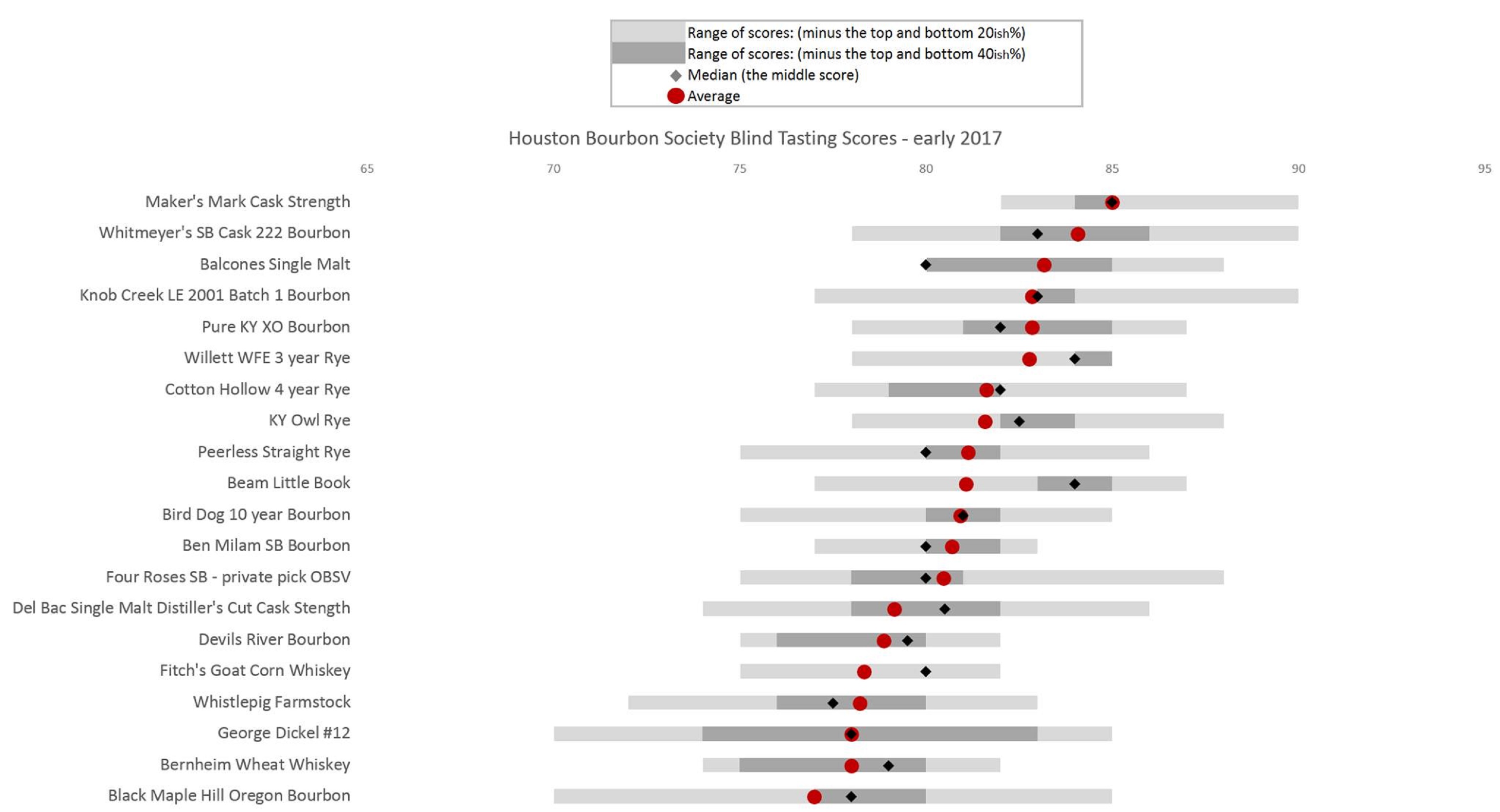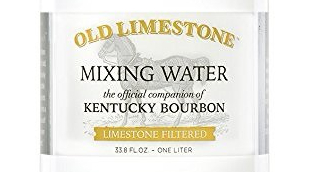I often see posted in bourbon social media sites people comment that the initial first taste from a new bottle of bourbon was not good but after letting it ‘open up’ a few weeks later it was completely different and so much better. Bourbon ages for years in permeable oak barrels, so this theory that it changes after opening a bottle made little sense to me. What I have always suspected is that this difference is due to changes in your palate. Your palate, or how you perceive taste, changes constantly.
I wanted to test this and it’s an easy enough test to perform by purchasing 2 identical bottles of bourbon. Open one up and drink from it. Keep the other one sealed. At some point in time later, have a drink from both bottles side by side and see if there is a difference. I did this myself a few times and could never tell any difference, but I’m only one person, so it was a very limited dataset for proof. In 2017 I decided to test this with a larger group. I also introduced a triangle test to this. Testers would taste 3 samples; 2 from the previous opened bottle and 1 sample from the just opened, or vice versa. Either way, one of the 3 samples is the odd sample and if change was perceptible enough then it should be identified. This test is objective in that it is designed to test if any change has occurred. It does not test if that change is better or worse which is much more subjective.
My first test of this was with Old Weller Antique which is 107 proof. The timeframe from the bottle being opened to test was 37 days. The result was that there was no discernible difference. I posted more details on this here OWA change test
I shared that result in several bourbon groups. Many were convinced that my study was flawed. They commented that a wheated bourbon would not change much, or my timeframe was too short or it needs to be a barrel proof bourbon. I listened and setup up another round of testing. This time it was with bottles of a 124.4 barrel proof Four Roses Single barrel pick. Picked by a bar in Houston named Little Dipper. One bottle I opened and took small pours of about every other day until the bottle was half empty. The time frame was increased to 52 days.

We had 12 testers. 4 said they could not tell any differences. 6 testers thought they perceived a difference but their pick was 1 of 2 identical samples in the triangle test. 2 testers correctly identified the odd sample. Since odds of random guessing would be 4 correct answers in this test, the conclusion is no discernable difference found.
Stay tuned as I have another test and that timeframe will be 1 year. The results will be posted around June. I suspect this one will have a noticeable change, but I won’t know for sure until tested. As far as short term, under a month or two, I will call this myth busted.







